Cardiologist Soon to Have State of the Art Hypertension Treatment
On November 14, 2013, the European Heart Journal published a clinical article discussing the state of the art hypertension treatments that are currently being established and the new drugs. It seems third generation calcium channel blockers actually reduce the incidence of chlorthalidone and peripheral oedema and they are definitely a more effective treatment option than hydrochlorothiazide when it comes to preventing hypertension.
The most recent study suggests that staying with one drug and long-term use of therapy is one of the focuses in the management of hypertension.
• In the past, few years there have been some new hypertension drug therapies made available.
• Treating essential hypertension is essentially based on the use of four major antihypertensive drug classes. For example, calcium channel blockers, beta blockers, diuretics, renin–angiotensin blockers.
• In each class of anti-hypertensive drugs recently have raised questions such as
• It is critical for doctors to optimize the anti-hypertensive therapies that they use with available drugs. For example, ACE (angiotensin-converting enzyme) inhibitors are superior to ARB (angiotensin II receptor blockers).
• Finally, the suggestion is that ARB and ACE inhibitors are equal except that ARB are better tolerated.
Benefits of Controlling Hypertension
Time and time again clinical trials have documented a reduction in the risk of stroke, myocardial infarction, and heart failure in hypertensive patients that have their blood pressure lowered and controlled. Analyses of clinical trials has shown more than a 40 percent reduction in the risk of stroke and 50 percent reduction in the risk of heart failure when hypertension is properly treated.
Treating Hypertension
There are a number of ways that hypertension can be treated. Medications are often the number one treatment prescribed by cardiologists and you should always follow your cardiologist’s orders because hypertension can be extremely serious.
There are a number of different medications that your doctor can prescribe:
• Diuretics – Often called water pills work by flushing excess water & sodium out of the kidneys.
• ACE inhibitors – Prevent the formation of Angiotensin II, which causes blood vessels to become narrow. ACE inhibitors will relax the vessels and bring down your blood pressure.
• Beta blockers – Reduces nerve impulses to the blood vessels and the heart so your heart will beat slower and your heart won’t work so hard.
• Calcium channel blockers – Stops calcium from reaching the heart muscle cells and blood vessels and relaxes the blood vessels.
• Angiotensin antagonists – Protects your blood vessels from Angiotensin II and so the vessels open up and the pressure drops.
• Alpha beta blockers or Alpha blockers – Reduces the nerve impulses to your blood vessels so the blood can pass more easily. Alpha beta blockers also slow the heartbeat.
• Vasodilators – Opens blood vessels by relaxing the muscle in the blood vessel wall and this drops the blood pressure.
• Nervous system inhibitors – Relax the blood vessels through controlled nerve impulses which then opens the blood vessels up and your blood pressure drops.
In addition to medications exercise, a healthy diet, a healthy weight and stress reduction can all help to reduce your blood pressure. If you are based in Phoenix Az, please visit: Cardiologist Phoenix Az






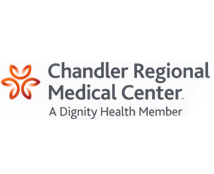
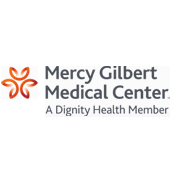
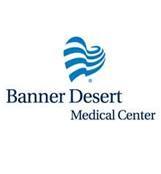
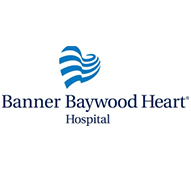
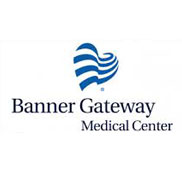
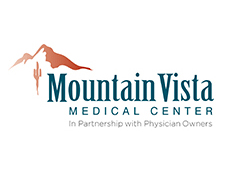
Leave a Reply